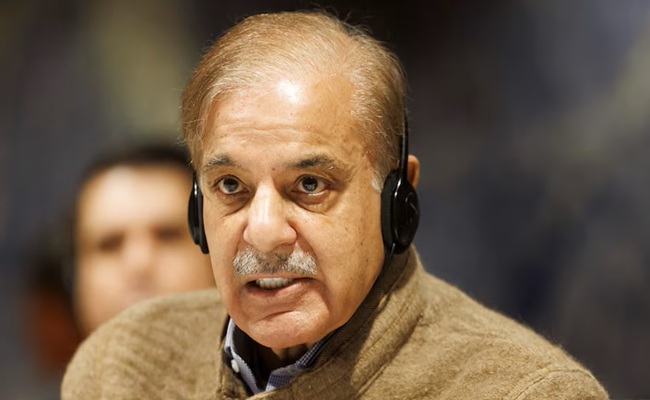
The International Monetary Fund (IMF) has set 11 fresh conditions for Pakistan as part of its ongoing bailout programme, raising the total number of requirements to 50.
One major condition is getting parliamentary approval for a Rs 17.6 trillion budget, which includes higher development funds and a sharp increase in defence spending, mainly due to growing tensions with India.
The IMF warned that worsening relations with India could negatively impact Pakistan’s economic recovery and reform goals.
Other important conditions focus on Pakistan’s energy sector and tax reforms.
The IMF has asked for an end to the cap on electricity debt surcharges, which may increase bills for regular consumers.
It also wants gas prices to be revised twice a year and for the Parliament to pass a law making the industry power surcharge permanent. This move aims to encourage industries to shift from private power setups to the national grid.
Additionally, Pakistan must introduce taxes on agricultural income and improve systems to register taxpayers and raise awareness.
By mid-2025, a report must outline how to remove tax breaks for tech zones and industrial parks by 2035. The government must also submit a long-term financial reform plan post-2027.
One consumer-friendly change allows imports of used cars up to five years old. These reforms are essential for Pakistan to meet IMF targets and avoid deeper financial problems.














1768616630.jpg&width=113&height=62&action=resize&quality=100)